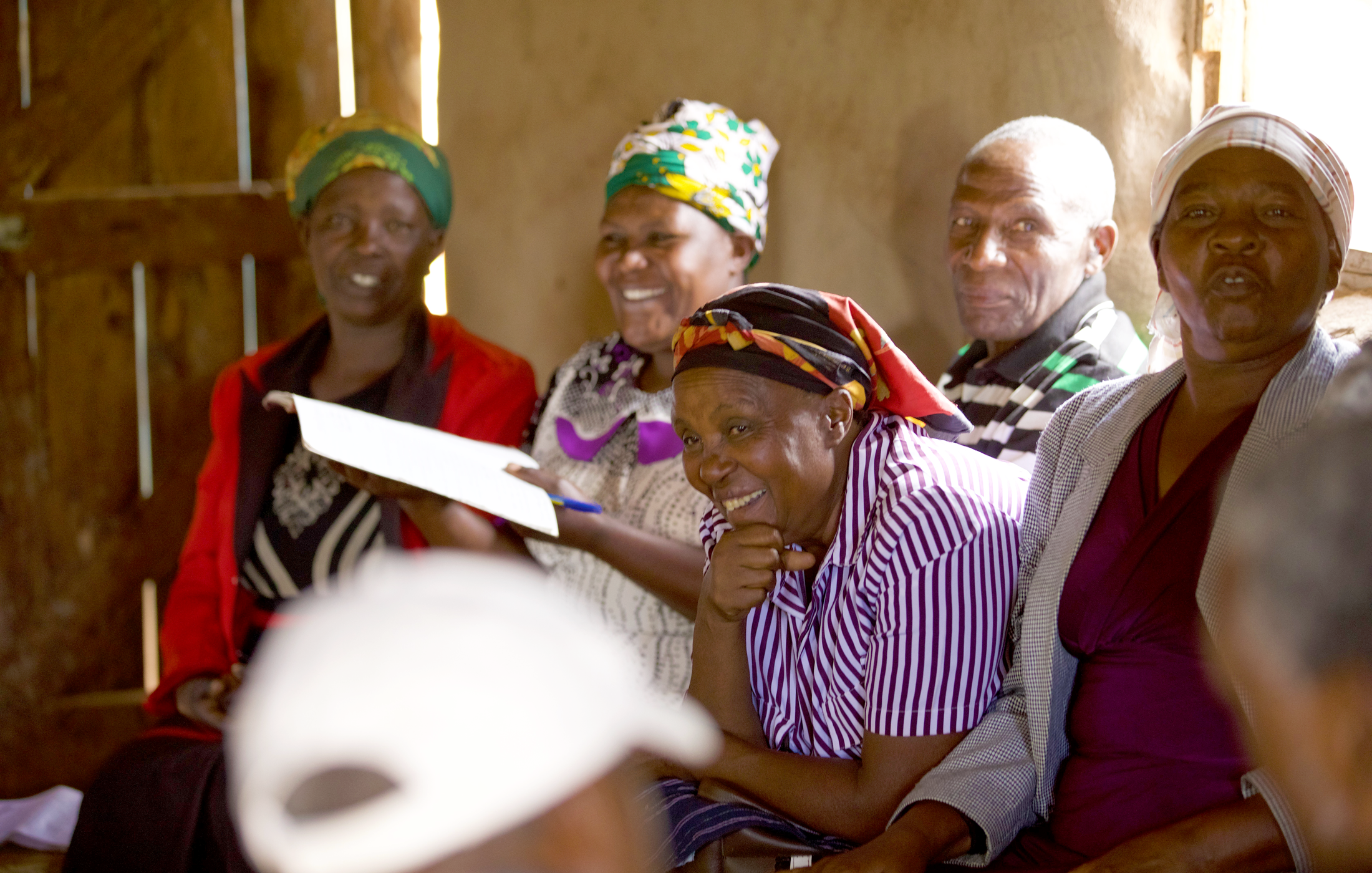As the drive toward Universal Health Coverage (UHC) and the 2030 Sustainable Development Goals (SDGs) intensifies, so too does the urgency to respond to the mounting burden of NCDs, especially in low- and middle-income countries (LMICs) where their impact is most acute.
Of the 41 million NCD-related deaths per year globally, 77% are in LMICs. The innovative pharmaceutical industry is a decades-long partner in helping to address the needs of people living with NCDs, collaborating with more than 500 global health stakeholders to act on NCDs, accelerate UHC, and achieve the SDGs.
Four key areas for action
Since 2011, the International Federation of Pharmaceutical Manufacturers and Associations (IFPMA) have been guided by our Framework for Action on NCDs, which is aligned with the WHO’s Global Action Plan and focuses on four key areas: innovation, availability, empowerment of people living with NCDs, and capacity building. Our industry is constantly innovating to build on the current portfolio of over 470 drugs for NCDs, with IFPMA members currently running over 3,700 clinical trials for cancer therapies and 450 ongoing trials on solutions for cardiovascular diseases.
We also collaborate with partners from different sectors across the world to ensure these innovative treatments reach those who need them. This includes working to strengthen supply chains and health systems, increase community awareness and link people living with NCDs to care, deliver preventative health services, build health workforce capacity, and provide sustainable solutions to make medicines more accessible and affordable to people everywhere.
Bridging the NCDs care gap to realize UHC
Access Accelerated is an example of the innovative pharmaceutical industry's commitment to addressing NCDs and realizing the vision for UHC. Founded in 2017 as a collective of biopharmaceutical and life science companies, Access Accelerated is dedicated to responding to the rising NCD crisis in LMICs through catalytic investment in NCDs and health systems capacity building.
As part its efforts, Access Accelerated underscores the importance of addressing NCDs as a central part of achieving UHC. Access Accelerated partners have implemented 30 UHC-focused projects in the past year alone.
Access Accelerated’s partnership with NCD Alliance (NCDA) focuses on locally driven advocacy for UHC and NCDs. These shared efforts have helped strengthen the capacity of national NCD alliances and advocates to actively participate in and contribute to national NCD strategies and decision-making. These campaigns have contributed to a stronger NCD and UHC community and have sparked policy change by and for people living with NCDs in Ghana, India, Malaysia, Kenya, and Vietnam. All five countries have since demonstrated stronger commitments to addressing NCDs.
Lack of funding for NCDs continues to be a significant barrier to improving access to NCD care and achieving UHC. Access Accelerated is working to fill this financing gap by working with the World Bank and other partners to catalyze global and national level funding for NCDs. So far, Access Accelerated and partners have catalyzed over USD 3.7 billion in additional funding for NCDs, including through projects that advocate and generate evidence for increased investment and innovative financing of NCDs and UHC.
In this regard, capacity building initiatives by the NCD Alliance Kenya’s (NCDAK) supported by the Access Accelerated-NCDA partnership have empowered people living with NCDs to advocate for critical changes in health financing policies. NCDAK has also assessed the health financing status of six priority counties to evaluate the extent of NCD investment and facilitated the involvement of communities in the Annual Development Plan, which sets out county-level development and funding priorities for the upcoming year.
The moment for caring is now
Working alongside scientists, implementers, decision-makers, and funders, the innovative pharmaceutical industry is committed to advancing progress on NCDs. By aligning efforts across the private, public, and social sectors toward a common goal, we can keep pace with the incredible diversity of challenges that NCDs pose for individuals, communities, and health systems around the world, and redefine the collective impact we achieve.







